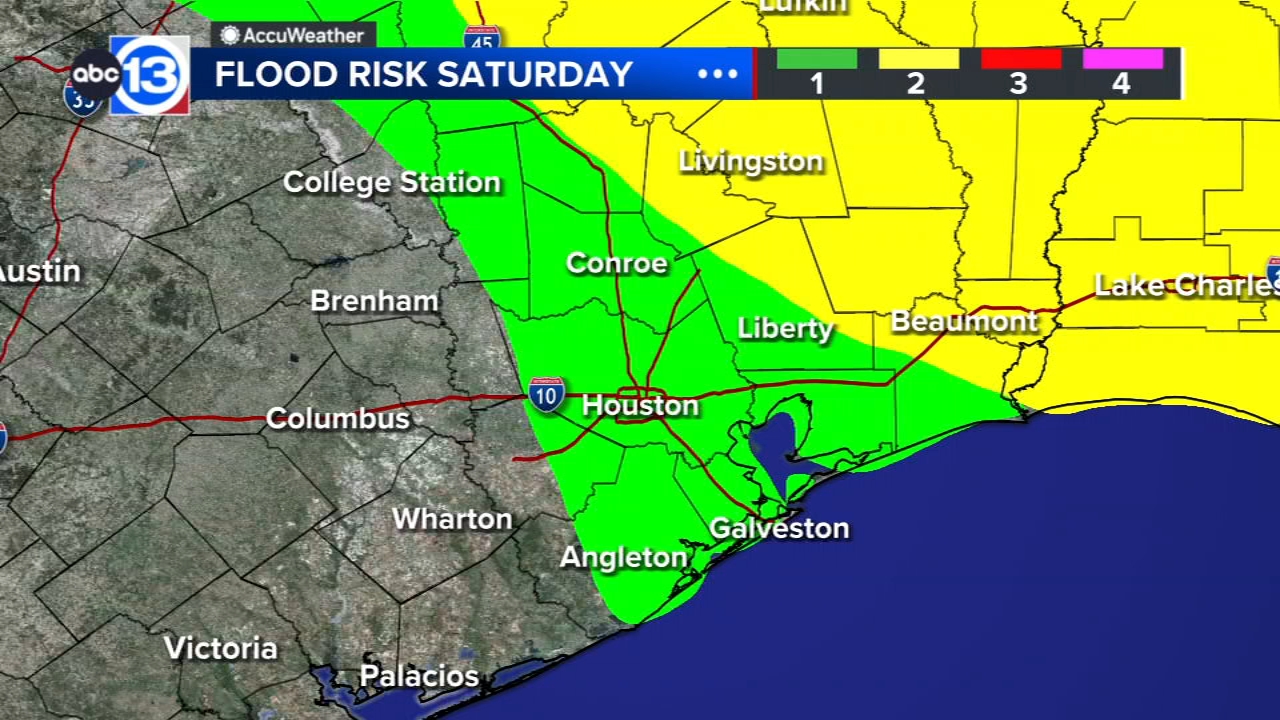How descendants of the Karankawas are reviving their culture and reclaiming their history
GALVESTON COUNTY, Texas (KTRK) -- A growing number of Karankawa descendants are working together to dispel the myth in Texas history books that their ancestors, a group of Native American clans who lived along a 300-mile stretch of the Gulf Coast, were "cannibalistic savages" that went extinct.
Joyce Zongrone, an independent historian, describes the Indigenous groups as people who lived along the coast from Galveston Bay, all the way to Corpus Christi Bay. Experts believe their history dates back as early as 5,000 years ago based on artifacts found in the area.
"They were coastal people," Zongrone said. "According to all of the historical and archaeological readings that I've done, the Karankawas were very friendly people. They were not a warring tribe. They did not go out and war with each other, but they would fight back if they were attacked."
The arrival of French and Spanish explorers between the 16th and 19th centuries marked the beginning of what would change the fate of the Karankawas forever. The Indigenous groups have a long history of persecution, which included being forced from their homes into missions designed to convert them to Christianity.
SEE ALSO: Dusty shoes and chasing sheep: My reservation childhood
Even though they were able to foil attempts by the Europeans to colonize them, their descendants said the Karankawa population still dwindled due to appropriation, disease, displacement, and warfare. After being forced from their homeland in the 1850s, the Karankawas were either tracked down and killed or forced to assimilate into Mexican or American society.
Many survivors fled to Mexico, Louisiana, and Oklahoma and intermarried. That's why present-day descendants call themselves, "Karankawa Kadla," which means mixed people. However, historians say they preserved aspects of their culture and passed them down to future generations.
"I'm very concerned about the way the United States treated these people. We are the greatest country in the world but did horrible things to Native Americans. I was surprised that so much went on in Texas, but a lot of the history was never written down," said Zongrone.
It's now believed that the European colonizers spread lies about cannibalism and savagery to justify their attacks against the Karankawas, cementing harmful depictions into Texas history books for hundreds of years. It was also long believed that these Indigenous groups were extinct.
READ MORE: Remains found buried in Missouri City likely Native American, deputies say
Alexander Joseph "StrongWind" Perez, a Galveston native, didn't find out until he was an adult that he was a Karankawa descendant after looking into his lineage and researching his genealogy. He is also part Spanish and Irish.
He and other descendants are now working to correct the narrative about their ancestors and revitalize their culture, language, and community. Through finding each other through social media, they have been working together to protect burial sites and develop education programs that combat traditional Anglo education.
"Like so many other Native people in that period of American conquest and discovery of the New World, the Karankawas were demonized. The purpose was to erase any trace that there were people who had claim to this territory at the time," Perez said.
They believe that there are still many others out there who may not know of their Karankawa heritage. Some only have bits of oral history, DNA tests, and what little documentation exists in historical archives to piece things together.
"There's a lot of people who hunger for that information. That's part of the reason why I do what I do because I'm trying to aid in that. People don't realize that when there's trauma, it's generational," Perez said.
Although he is based in California now, Perez often travels to and from Texas to give presentations, perform music, and lead discussions about the Karankawas. He wrote a book, "Medicine for the Land and Our People, Karankawa Kadla (Mixed Tongue)," that recorded 669 words in the Karankawa language.
"This isn't something just for people who may be of Karankawa descent. But it's for all native people of this region, who have been disenfranchised from the culture," said Perez. "We're still here. We may not be the 10,000 strong that we were in the past. But people are continuing to discover their ancestry and roots."
For more information, visit the Karankawas website.











